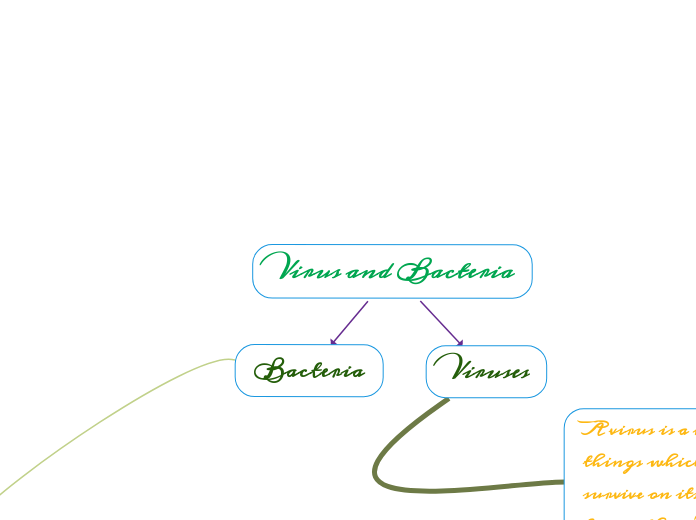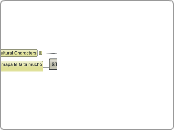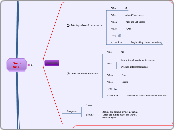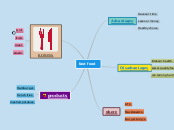Virus and Bacteria
Viruses
A virus is a kind of germ. Germs and viruses are tiny living things which invade our bodies and make us sick. A virus can’t survive on its own for very long – it needs to live inside another living thing. Viruses get inside the body and can then be passed on to other people. Viruses cause different illnesses depending on the types of cells which they infect. Some examples of viruses which make new virus called Covid-19 (also called Coronavirus), which is being spread by
people who often don’t realise they have the illness.Viruses are usually spread from person to person in little drops (called droplets) from sneezes or coughs these droplets are sent into the air when a sick person sneezes or coughs.
If you have got a mild virus, for example a cold, you should make sure to get a lot of rest and stay away from other people as much as you can. You don’t need to see a doctor if you’ve got a cold. However, if you are worried that you have a bad virus, you could see a doctor or phone NHS 111 for medical advice. If you think you might have a virus, you should not be in the same place as other people where you can avoid it. It is especially important to avoid people with weak immune systems, for example old people, anyone who has a serious illness like cancer, or anyone who is pregnant.
There are several things you can do to reduce your risk of catching a virus como:
The most important thing to
do is wash your hands regularly with soap and water.
You can protect your immune system, which helps you fight off illnesses, by eating foods like strawberries, raspberries, kale and other foods which are high in antioxidants.
You can also make sure that you are sleeping well and getting enough sleep. This will help your immune system to fight off illnesses.
Bacteria
Bacteria are some of the smallest living things on the planet! A single bacteria (called a bacterium) is made of just one cell bacteria live everywhere.You will find them in all environments: in the sea, on land, in the soil – anywhere you go, there are bacteria Some bacteria live inside plants and animals, including humans.That’s right – you have bacteria living in you!They help your body to digest food, fight off illnesses and grow healthily You develop the amount of bacteria in your body as you get older, but most of your bacteria will be in place by the time you are 3 years old. A lot of your body’s bacteria are harmless, and can actually help you fight off illnesses. However, not all bacteria are good for us. Some bacteria can be harmful.For example, if you cut your finger, bad bacteria can enter your body through the cut and cause an infection.
The symptoms of an infection include: swelling, pain, redness of the infected area, and having a higher temperature than normal.
Many people who get infections from bad bacteria are given antibiotics by their doctors.
Anti-biotics are a type of medicine which destroy bacteria in the body.
It is very important that you only take anti-biotics if a doctor advises you to. Anti-biotics don’t work on diseases that are caused by viruses.
Some of the bacteria in your mouth turn sugar into acid, and this can harm your
teeth and gums. This is why it is so important to brush your teeth twice a day
and avoid too many sweets!
To avoid bad bacteria, it is also really important to wash your
hands often, especially:
When you have got dirty hands
When you have been stroking your pet
When you have been to the toilet
Before you make or eat food









